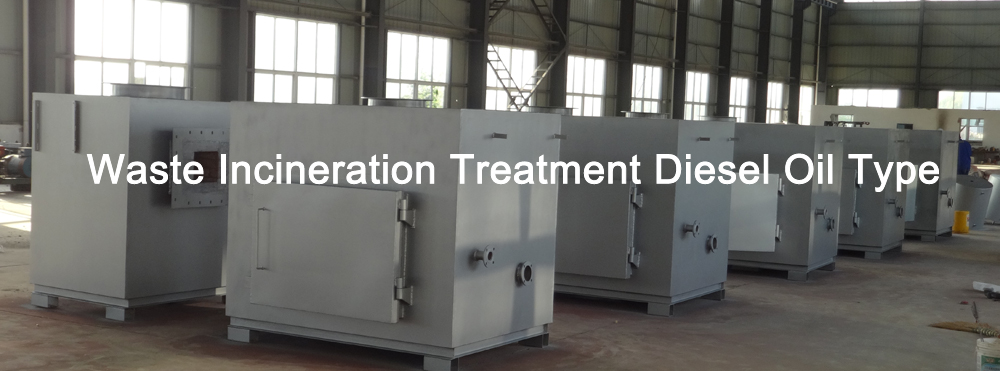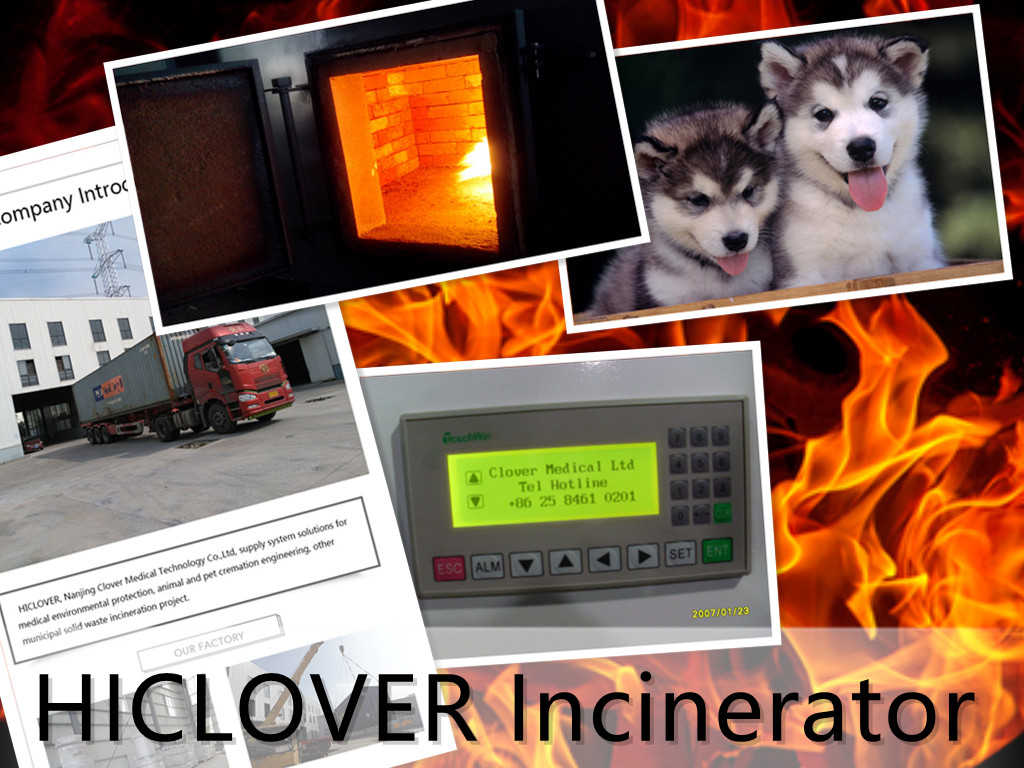Waste disposal is a major issue facing the world today. With the growing population and increasing levels of consumption, the amount of waste generated each year continues to rise. Traditional methods of waste disposal such as landfilling and open burning are not sustainable in the long run, and have serious environmental and health implications. As a result, there is a need for innovative and efficient waste disposal methods that can effectively handle the increasing volumes of waste being generated.
One emerging technology that shows promise in addressing this issue is micro incineration. Micro incineration is a small-scale waste-to-energy technology that is capable of converting solid waste into useful thermal energy. This technology has the potential to revolutionize waste disposal by offering a sustainable and efficient method for managing waste.
Micro incineration works by using high temperatures to break down organic waste materials into a gaseous state. The resulting gases are then used to produce thermal energy, which can be harnessed for a variety of applications such as electricity generation or heating. This process not only reduces the volume of waste but also produces a valuable energy resource that can be utilized to meet energy demands.
One of the key advantages of micro incineration is its ability to reduce the amount of waste that ends up in landfills. By converting organic waste into energy, this technology minimizes the need for landfill space and mitigates the environmental impact of waste disposal. Additionally, micro incineration helps to address the issue of greenhouse gas emissions by capturing and utilizing methane gas produced by decomposing organic waste.
Moreover, micro incineration is a viable solution for waste disposal in areas with limited space or infrastructure for traditional waste management methods. Its small-scale design and versatility make it suitable for a wide range of settings, including urban areas, remote communities, and industrial facilities. This technology can help improve waste management practices in regions where conventional waste disposal options are not feasible or cost-effective.
Furthermore, micro incineration has the potential to contribute to the circular economy by recovering valuable resources from waste. The energy produced from this process can be used to power local communities and industries, reducing reliance on fossil fuels and promoting sustainability. Additionally, the residual ash and other by-products from micro incineration can be utilized for purposes such as construction materials, further minimizing waste and creating a closed-loop system.
While micro incineration offers numerous benefits, it is important to consider potential challenges and limitations of this technology. Emissions from the incineration process need to be carefully managed to prevent air pollution and mitigate the environmental impact. Moreover, the efficient operation of micro incineration systems requires proper maintenance and regular monitoring to ensure safe and effective waste disposal.
In conclusion, micro incineration holds great promise as a sustainable and efficient waste disposal solution for the future. This technology offers a viable alternative to traditional waste management methods, and has the potential to significantly reduce the environmental impact of waste disposal while providing valuable energy resources. As the world continues to grapple with the challenges of waste management, micro incineration represents a promising pathway towards a more sustainable and circular approach to waste disposal.



